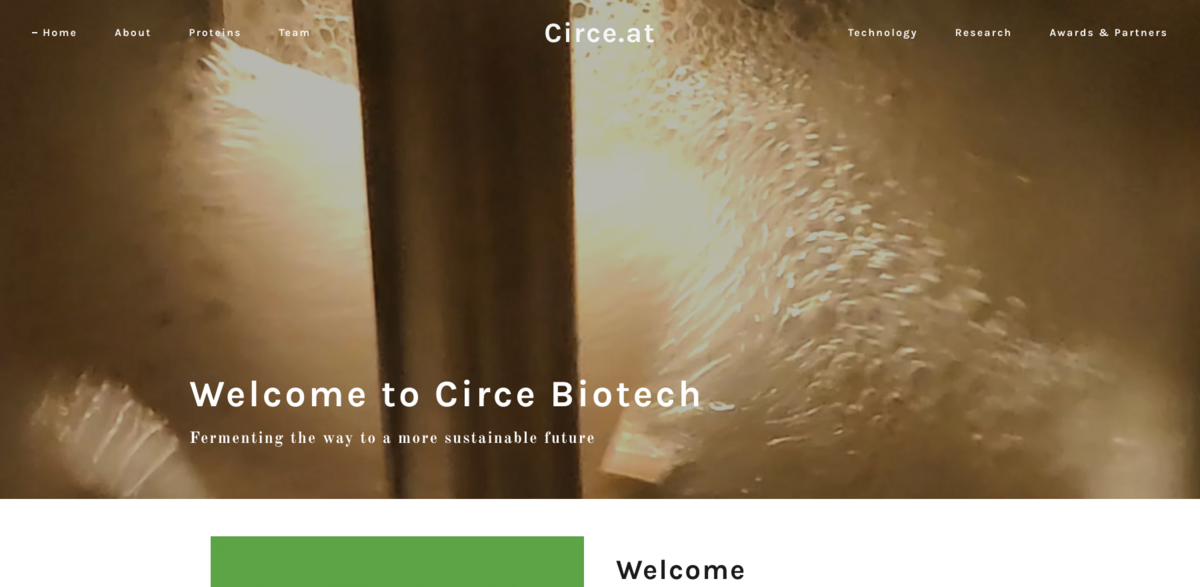What is Circe Biotech?
Welcome to Circe Biotech — the fermentation people! They’re reimagining one of the earliest processes of life on earth to create modern solutions for agriculture, aquaculture, and bioplastics. Using transformative energy technologies, Circe focuses on gas fermentation to produce sustainable food, feed, and biodegradable polymers. This isn’t just about neat ideas in a lab; it’s about industrial volume, mega facilities that deliver real-world impact.
Main Benefits of Circe Biotech’s Technology
Circe’s patented bioprocess is a game changer. Here’s why:
- Utilizes waste gases, including capturing CO₂, making production CO₂ neutral.
- Produces high-volume, cost-effective, and sustainable products without relying on agricultural resources.
- Energy-efficient and environmentally benign process, scalable to industrial levels.
- Enables versatile manufacturing for multiple protein and plastic derivatives.
- Decouples land usage from supplying highly demanded commodities like feed, food, and polymers.
Core Products and Technology
At the heart of Circe’s innovation is their patented “combined process” that turns methane and other biogases into valuable products. This platform supports the production of single-cell proteins and biopolymers, including polyhydroxyalkanoates and polylactic acid — fancy terms for base plastics that biodegrade lightning-fast. It’s a natural, sustainable way to meet the growing demand for protein and plastics without the environmental baggage.
Circe Feed: A Sustainable Alternative
Circe Feed is naturally fermented bacteria packed with 70% protein and an ideal blend of essential amino acids. It’s designed as a sustainable alternative to fishmeal in aquaculture and farmed animal nutrition. This means healthier feed options that don’t strain marine ecosystems — a win-win for farmers and the planet.
Circe Food: Nutrition Packed in Every Spoonful
Circe Food harnesses powerful protein to deliver high nutrition in small meal sizes. Perfect for older adults, hospital patients, and even explorers who need as much “fuel” as possible from every bite. It’s nutrition that’s efficient, effective, and sustainable — all rolled into one.
Project Impact on Sustainable Development Goals (SDGs)
- SDG 2: Zero Hunger – by providing sustainable protein sources.
- SDG 12: Responsible Consumption and Production – through waste gas utilization and biodegradable polymers.
- SDG 13: Climate Action – via CO₂ neutral production processes.
- SDG 14: Life Below Water – reducing reliance on fishmeal helps protect marine life.
- SDG 15: Life on Land – decoupling land use from protein and plastic production.
Looking Ahead: The Future of Sustainable Manufacturing
Circe Biotech is not just innovating; it’s paving the way for a long-awaited transition in how feed, food, and polymers are made. By harnessing tiny microbes and turning waste gases into valuable products, Circe is proving that sustainability and scale can go hand in hand. The future looks bright — and naturally fermented.






















